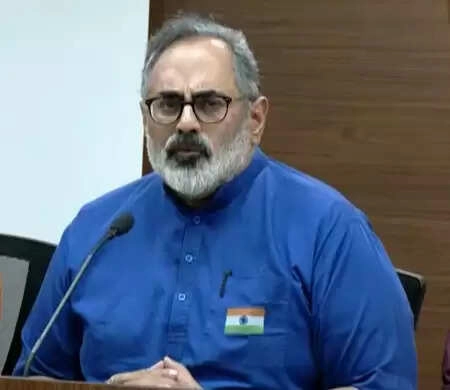Axiom Mission 4 represents a significant milestone for India in the realm of space exploration, marking the country’s ambitious entry into the private spaceflight sector. According to the Chief of the Indian Space Research Organisation (ISRO), this mission symbolizes not just technological advancement but also a strategic shift in how India approaches space endeavors. With private companies stepping into the space industry, India is poised to enhance its capabilities and competitiveness on the global stage, paving the way for groundbreaking advancements in research, satellite deployment, and human spaceflight.
The Axiom Mission 4 is expected to facilitate collaboration between ISRO and private entities, fostering an environment where innovation can flourish. This partnership is crucial as it allows for the sharing of resources, knowledge, and expertise, which can significantly accelerate the pace of India’s space exploration efforts. The mission aims to leverage the strengths of both public and private sectors, integrating cutting-edge technology with innovative strategies to boost the country’s overall space capabilities.
Moreover, the implications of Axiom Mission 4 extend beyond immediate scientific benefits. It is anticipated to inspire a new generation of scientists, engineers, and entrepreneurs in India, igniting interest in STEM fields and encouraging more individuals to pursue careers in space-related disciplines. This mission could serve as a catalyst for educational programs and research initiatives that focus on space technology and exploration, thus contributing to a robust ecosystem that nurtures talent and fosters creativity in the field.
As India’s participation in private spaceflight deepens, it is essential to consider the broader implications for international collaboration and competition in space exploration. The country’s involvement in missions like Axiom 4 positions it as a key player in the global space arena, opening doors for partnerships with other nations and private companies. This could lead to shared missions, joint research endeavors, and the pooling of resources to tackle complex challenges in space, ultimately benefiting humanity as a whole.
In summary, Axiom Mission 4 is not merely an operational mission; it signifies India’s strategic leap into the future of space exploration through private sector collaboration. With ISRO at the helm, this initiative has the potential to reshape the landscape of spaceflight in India, fostering innovation, inspiring future generations, and enhancing the country’s standing in the international space community. As this mission unfolds, it will undoubtedly serve as a testament to India’s growing capabilities and aspirations in the cosmos.




